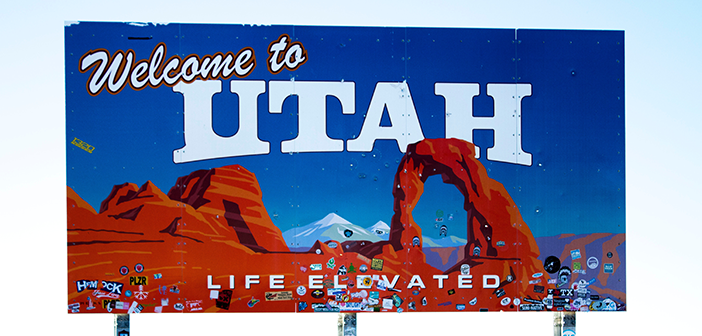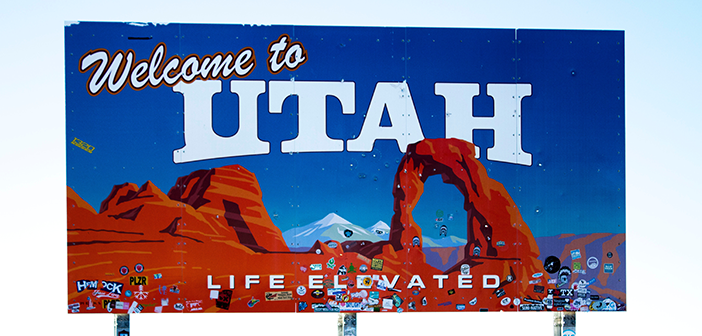
Utah voters approved a measure to legalize medical marijuana Election Day Nov. 6, 2018.
With 74 percent of precincts reporting, the initiative, Proposition 2, is up 53 percent to 47 percent, and NBC News and other outlets have projected it passed.
BREAKING: Fox 13 is projecting that Prop 2, the medical marijuana initiative, will pass. pic.twitter.com/sm5KjtnrgW
— FOX 13 News Utah (@fox13) November 7, 2018
“The passage of Proposition 2 illustrates just how broad support has grown for medical marijuana in the U.S.,” Matthew Schweich, deputy director of the Marijuana Policy Project, said in a statement to Marijuana Moment. “Even in socially conservative states like Utah, most voters recognize marijuana has significant medical value, and they believe it should be available to patients who could benefit from it.”
But because the main campaign behind the measure reached a deal on compromise legislation with opposing groups in October 2018, legal medical cannabis was in effect an inevitability in the state. Under the agreement, state lawmakers will soon convene a special session to enact a law allowing patients to access medical cannabis.
Here’s what Proposition 2 would have accomplished, as written.
Under the measure, individuals with certain qualifying medical conditions such as cancer, epilepsy, or post-traumatic stress disorder (PTSD) can obtain a recommendation for cannabis from a physician. There’s a separate process, which requires approval from a five-member board of physicians, that patients can go through to get a recommendation if their condition isn’t listed.
Patients won’t be allowed to smoke cannabis. They can purchase up to 2 ounces of unprocessed marijuana or a marijuana product containing no more than 10 grams of THC or CBD during a 14-day period.
There is a provision that allows medical cannabis card holders to grow up to six plants for personal use if they live more than 100 miles from a dispensary— but that doesn’t take effect until January 1, 2021.
Patients won’t be subject to state or local marijuana taxes under the law. Rather, the program will be funded through licensing and registration fees imposed on cannabis businesses.
The main campaign backing the measure was the Utah Patients Coalition, which received support from advocacy groups including the Marijuana Policy Project and TRUCE (Together for Responsible Cannabis Use and Education) Utah.
Drug Safe Utah, an anti-legalization group that counted the Utah Medical Association, the Mormon Church and others as coalition members, was the main opposition committee. It was accused of spreading misinformation about the measure.
Following the compromise deal, however, fundraising on both sides slowed or ceased — with the exception of Drug Safe Utah, which reported significant contributions in the last half of October.
This article has been republished from Marijuana Moment under a content syndication agreement. Read the original article here.











